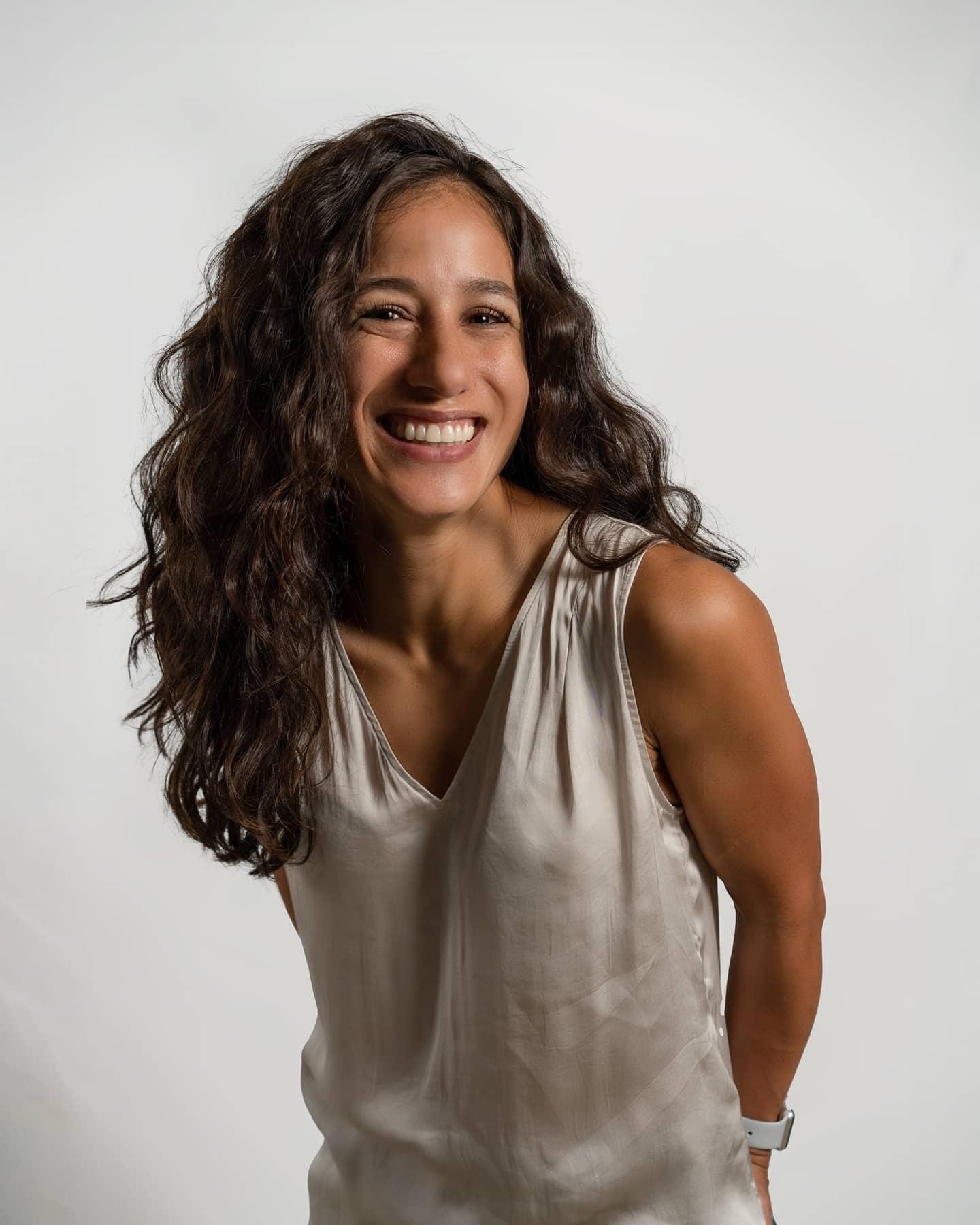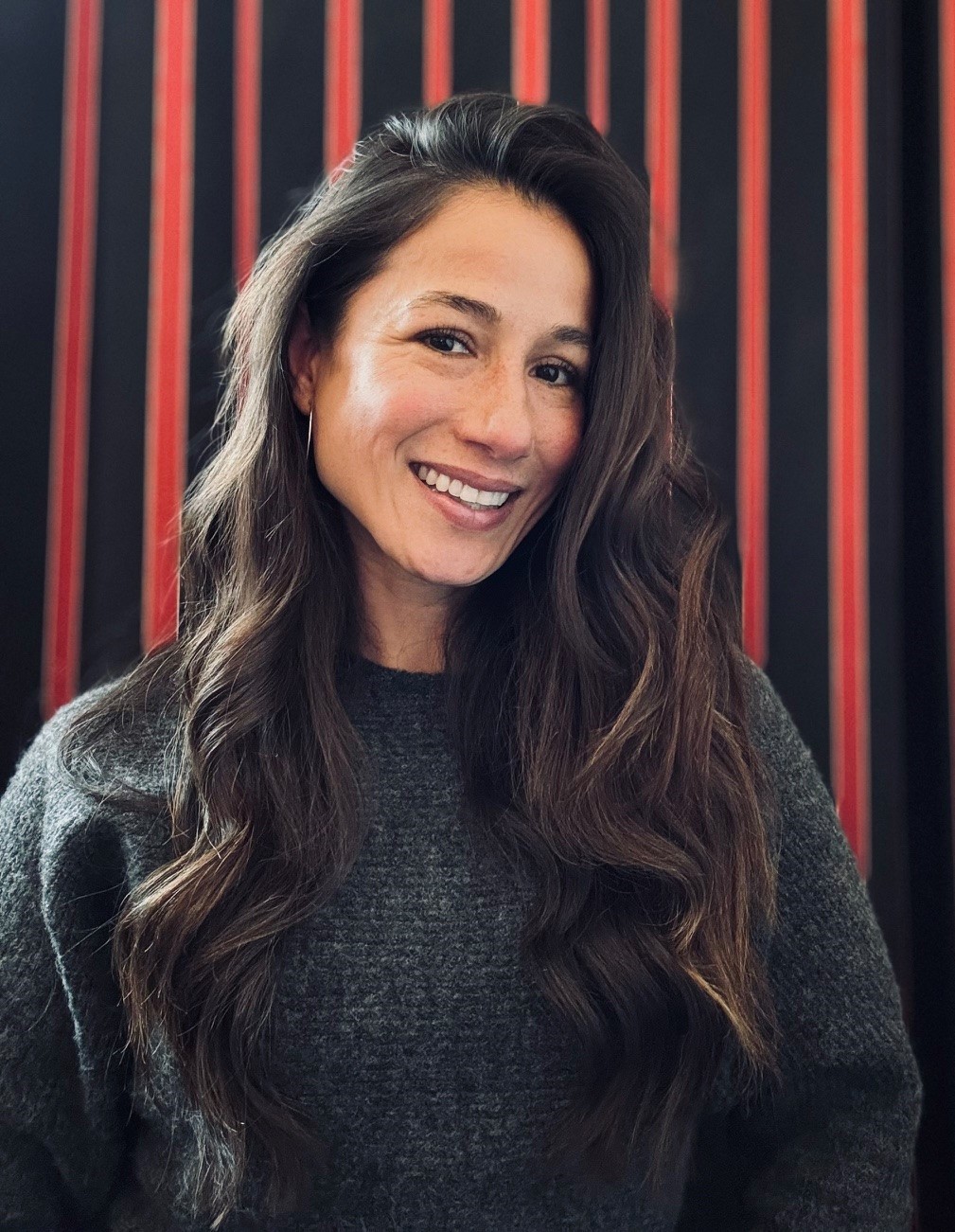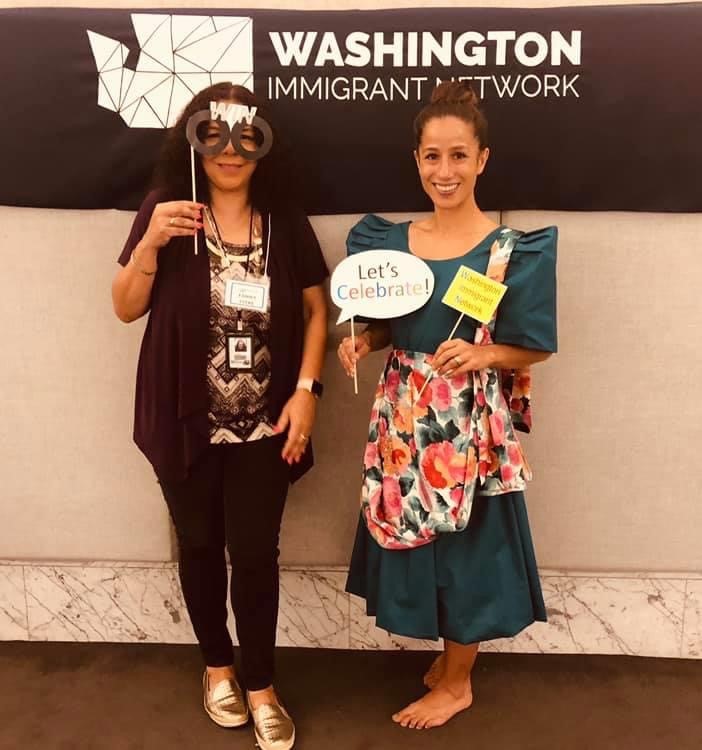
Michaela Doelman
"Only people who know what the problem is can help solve it."
Systems are designed to create the disparities that exist in our world, and it's people who choose to uphold or dismantle those systems.
I was born in Forks, Washington in the only temperate rainforest in the United States. I'm a first-generation American. My Swedish dad and Filipino-American mom met in this tiny logging town. Somehow, two people from opposite sides of the world found each other there and married three months later. They're still together.
Growing up biracial, I never felt like I fit in. The moment that changed everything happened when we were house hunting. The real estate agent showed my dad beautiful waterfront homes on Olympia's west side. When my mom went the next time, same agent, same loan approval, she was shown cheaper houses in a predominantly minority neighborhood.
That's when I learned two critical things: systems are designed to create the disparities that exist in our world, and it's people who choose to uphold or dismantle those systems. Even though it meant I'd be one of the few kids of color in my high school, my mom chose to fight for generational wealth over comfort.
Both my parents were public servants—Mom a nationally board-certified teacher, Dad an Army veteran and Forest Service silviculturalist. They taught me: if you see a problem, don't just complain, become part of the solution.
I originally wanted to be an immigration attorney. I studied Spanish and philosophy, moved to Mexico for two years, then came back in 2007 with my partner to go through the immigration process ourselves. That year taught me the system is designed to trip you up, one mistake and you're out.
I needed a job, so I took the first stable paycheck as a state government recruiter. I planned to stay one year, then move to nonprofit work.
I got lucky with my boss. When I complained about all the barriers I'd faced job hunting—over 100 applications, four months to get hired, interviewers asking if I could speak English fluently—he said, “Then fix it.”
That lit a fire in me. We started updating recruitment processes, created cultural competency training, looked at transferable skills instead of just checking boxes. I realized I could have a massive impact right here, helping people who looked like me get hired, connecting good candidates who didn't get the job with other opportunities.
Eighteen years later, I lead Human Resources (HR) for Washington State Government. We provide policy, collective bargaining, systems support to agencies—fostering a workforce where everyone belongs and can create meaningful impact for Washingtonians.
My belief: the HR system has been designed so it's easy for some people to show they're qualified, while others have to put on masks or hide parts of their identity to succeed. My goal is to systematically change these systems so everyone has an equal chance to demonstrate they have the skills to do the job.
The highlight of my career? Co-writing Governor Inslee's final Executive Order on advancing equity in hiring. Working with our Office of Equity, we eliminated degree requirements for state jobs unless legally required, and are transitioning to skills-based hiring with equity requirements built into every position.
The Office of Homeless Youth now recruits for lived experience with housing instability—because you need that perspective to effectively serve that population. In licensing and WorkSource offices, we’re building dual-language roles to match the most common languages spoken by those communities. In Human Resources (HR), understanding microaggressions faced by marginalized communities is essential for effective performance management.
We're fundamentally changing what “qualified” looks like in public service. We want people who understand that if 7% of Seattle's population is Black but represent 15% of the homeless population, that's not because of individual failings—it's because systems have been designed to create those disparities.
Only people who know what the problem is can help solve it. We need lived experience, cultural competency, and skills that help close service gaps in our communities.
Public service means understanding we live in community together. It's choosing to invest in systems where everyone can thrive, not just survive. It's about ensuring government works for everyone, especially those who've been historically excluded. That's what my parents taught me, and that's what keeps me here.
Learn more about Washington State's commitment to inclusive hiring: https://ofm.wa.gov/state-human-resources/inclusive-work-culture-and-belonging/executive-order-24-04-toolkit







.PNG)